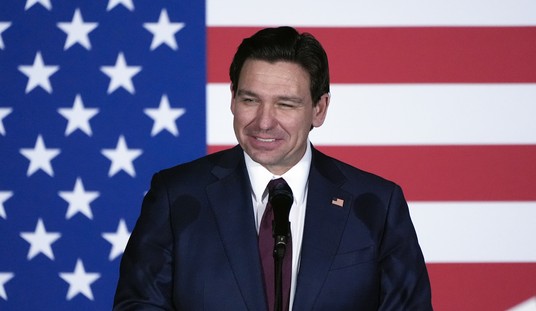Humans need rules. Rules make life more predictable. But when the rules multiply, the world needs some rule-breakers.
The creator of the underground website Silk Road, Ross Ulbricht, was sentenced to life in prison for creating an online space that allowed people to use bitcoins to buy and sell things. Some used Silk Road (named after Marco Polo's trading route from China) to sell illegal drugs. People do that anyway, even without Silk Road; since the site's closing, numerous similar websites have taken its place.
The prosecution implied (but never really argued) that Ulbricht planned murders. That would certainly be breaking a basic rule of civilization, but Ulbricht claims that wasn't what he was up to -- he just wanted to let other people engage in peaceful transactions.
If Ulbricht was telling the truth, then the world that rule-breakers like him envision is less creepy and dangerous than the government-run world in which we live now. Government enforces its rules with guns, and government force keeps increasing.
So I'm glad that today there are Rule Breaker Awards, sponsored by Sage, Nextiva and Infusionsoft, given to entrepreneurs who make the world a better place by breaking rules.
Mike Michalowicz co-hosted the awards. Inspired by a pumpkin farmer who dedicated his life solely to growing giant pumpkins, Mike wrote a book called "The Pumpkin Plan" in which he discourages people from assuming that the way everyone else does something must be the best way.
One of this year's Rule Breaker Award recipients is Alex Esposito, whose Free Ride shuttle service offers exactly that -- free rides in New York State, Florida, San Diego and elsewhere, made possible by the low operating cost of Esposito's little electric buses and by local businesses advertising on the vehicles.
Recommended
I assumed offering free rides would not be a sustainable business, but I guess I just think in conventional terms. Apparently, the opportunity to advertise makes all sorts of neat services profitable -- including TV, of course.
Esposito's Free Ride idea seems so simple in retrospect it's hard to believe no one else was doing it. It takes a rule-breaker to notice a different way to do things.
Government, with its recourse to guns and jails, imposes the worst rules. But corporate culture can be dumb, too. Ricardo Semler is a CEO who decided to break the usual rules of corporate decorum.
At age 21, he took over Semco, a family business in Brazil. Semler promptly threw out all sorts of rules.
There would be no dress code. No one would check expenses. "Spend what you need to, and the company trusts you." There would be no storeroom padlocks or audits of petty-cash accounts for veteran employees -- people who'd grown to be trusted by Semco. Workers would come and go according to their own schedules. They would even choose their salaries and their own supervisors!
This makes no sense to me, and I'm sure control freaks in human resources departments (Semco has no HR department) had heart attacks. Ricardo's ideas sounded absurd by normal business standards, but it was a big boost to morale, and the company has done well. Even during Brazil's recession, profits increased 500 percent. Sales grew from a few million dollars per year to more than a billion dollars.
Business people and government regulators often make the mistake of assuming that the world we live in is one in which the best practices have been pretty much figured out. Better not rock the boat -- or it might all fall apart.
Then, along come some totally new ways of doing things. FedEx turned out to be much better than the U.S. Postal Service, teens ignore Hollywood and become rich and famous on YouTube, people skip hotels and find rooms via Airbnb and so on. Who knows what discoveries await if we don't let tired old rules get in the way?

























Join the conversation as a VIP Member